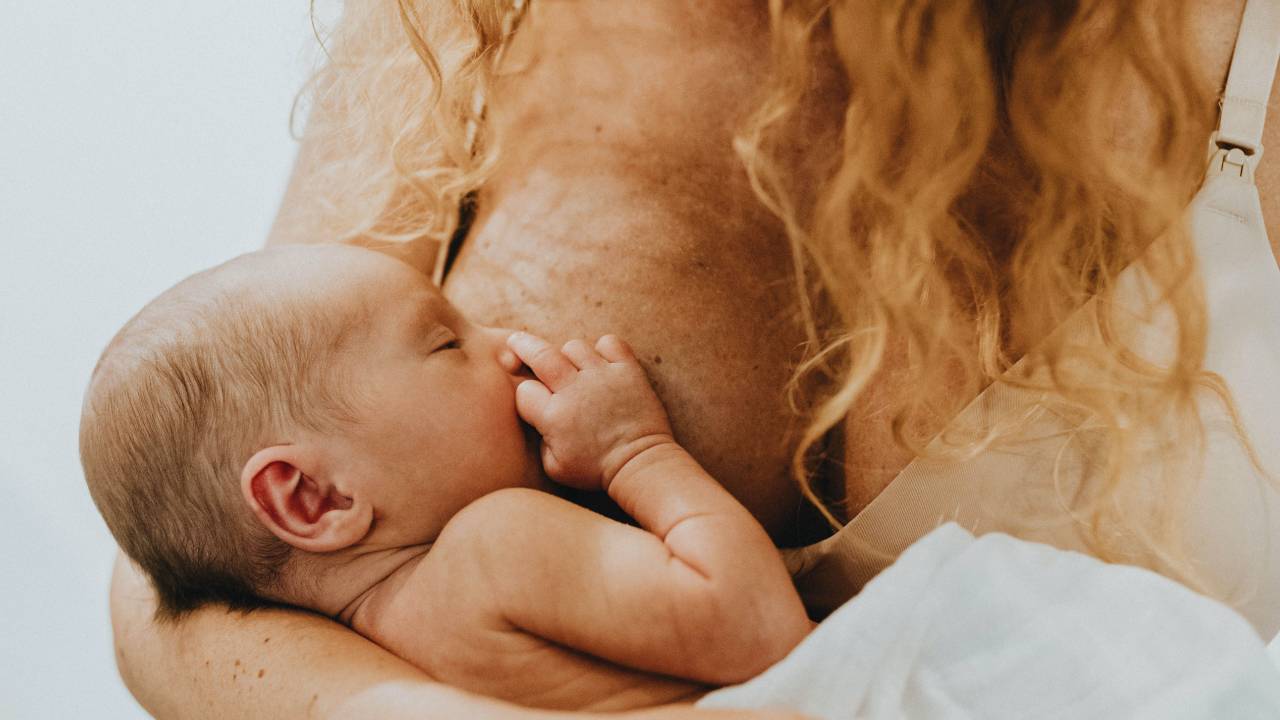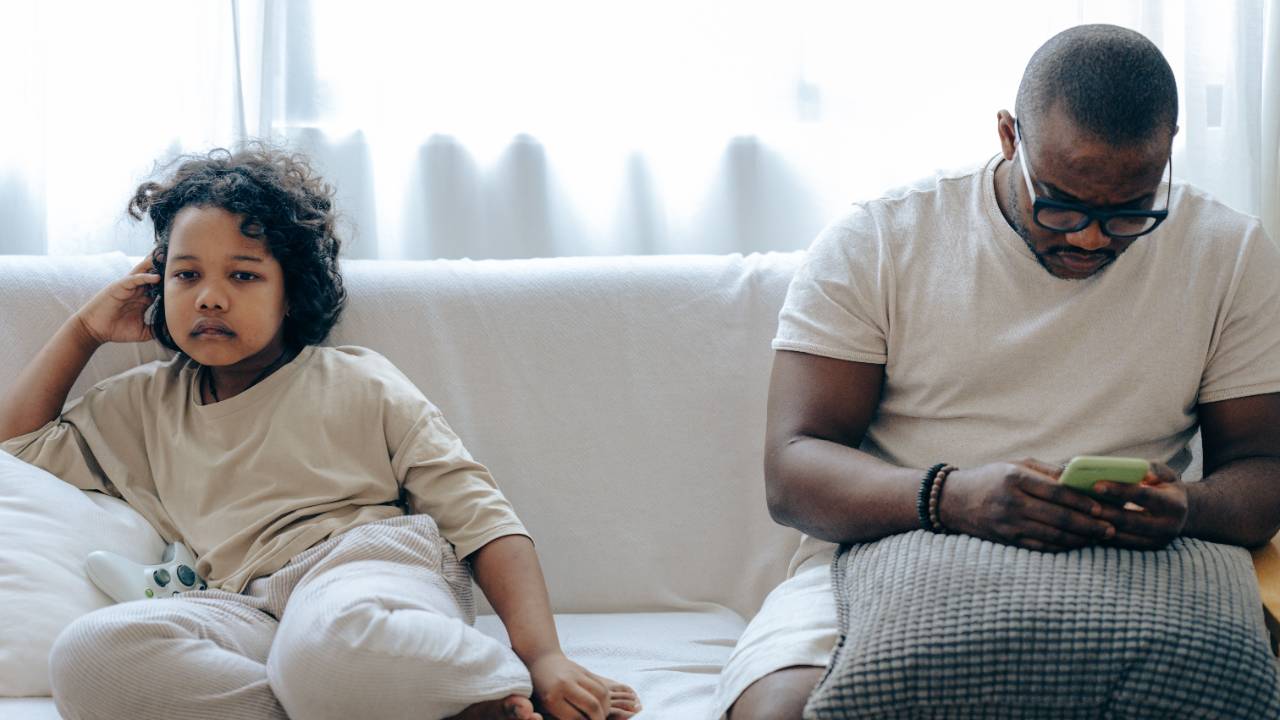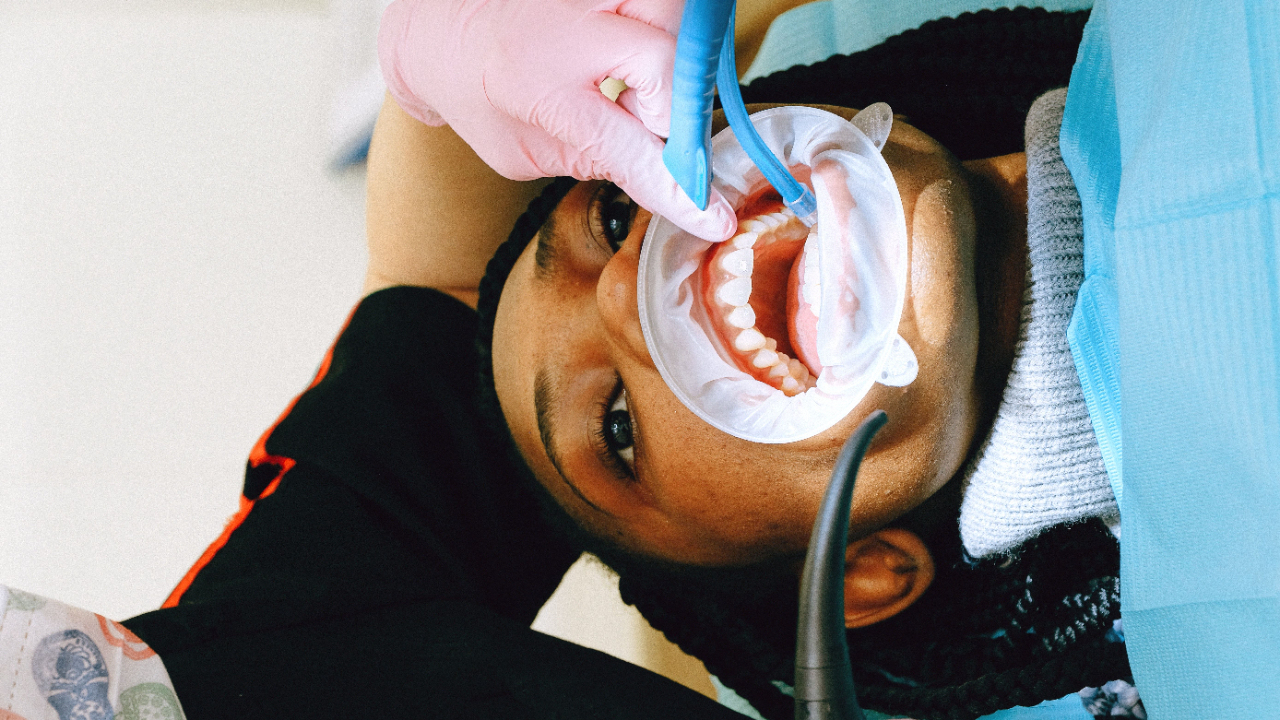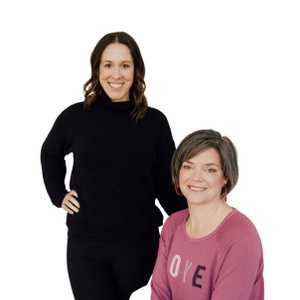Welcome to the She Found Motherhood Podcast + Blog
Bookmark this page or follow us on your favourite podcasting platform for weekly episodes about a range of topics! Researched and evidence based, featuring a wide variety of guest experts and Drs. Sarah & Alicia!
Let’s cut right to the chase - Drs. Alicia and Sarah have compiled a list of 6 things no one tells you about postpartum! Tune in to learn more about what to expect from the unexpected (yet all perfectly normal)! And follow the links they reference below for more related resources, guides, and tips.
...We’ll reveal the biggest secret discussed on today’s podcast right at the top: each baby is different. When it comes to sleep, what may work for one might not work for another, even for babies within the same family! That is what our guest today, Valerie Groysman, discovered with her own two babies ...
Dr. Sarah and our special guest this week - Robyn Rayner, Registered Massage Therapist, Crossfit Level 2 coach, and Pregnancy & Postpartum Athleticism coach - both realized while they were pregnant that there wasn't a lot of guidance easily available with regards to what type of exercise is okay to ...
Merriest Christmas to all who celebrate! Today we're diving into a topic that feels as elusive as it is necessary, especially in the holiday season - rest. My guest, Eileen March, is a former registered midwife turned intuitive coach and slow living advocate. She joins me for a hearty discussion abo...
Are you expecting a baby boy and wondering about circumcision? Today, on the She Found Motherhood podcast, Dr. Alicia is diving into this question with Dr. Ellen, an experienced urologist. Together, they’re breaking down the basics of infant circumcision - why parents choose it, what’s involved, and...
In this episode of She Found Motherhood, Dr. Sarah chats with Dr. Brie Budlovsky, an emergency and aesthetic medicine specialist, to explore skincare concerns for pregnancy. They tackle popular questions about safe skincare products, regulated ingredients, and more, providing listeners with a well-r...
You probably know about postpartum depression, but did you know that postpartum anxiety and postpartum rage are just as common - and much less talked about? Sadly, many mothers struggling with mental health issues don’t reach out for help with the fear that medication (in conjunction with very costl...
“It’s mommy’s turn to wine! It’s cheaper than therapy!”
Why is alcohol the only drug we need to explain not using? It's the cheapest, most popular, and widely available drug for adults in North America, and moreover using it is normalized over declining it, and is often wrapped up in a culture of ...
This just in! The guidelines around the treatment of mastitis, a common complication of breastfeeding, have largely changed! On today’s episode, Drs. Sarah and Alicia provide an overview of the updated clinical protocol from the Academy of Breastfeeding Medicine - and let us (possibly) be the first ...
Did you know that men experience hormonal shifts during their partner’s pregnancy and into the postpartum period? While this biological change likely occurs to stimulate child / parent bonding, it also causes postpartum depression in about 8%-10% of partners - and is all too rarely talked about.
B...
Should I be getting dental work while pregnant? Is it okay to get x-rays? What about filling cavities? Today’s episode is a must listen, as Dr. Sarah Lea interviews dentists Dr. Brin MacMillan and Dr. Sabrina Ma, co-owners of South Island Dental, on the do's and don'ts of dental work in pregnancy! T...
Birth is a complex event - both physically and emotionally for us and our partners. A good way to navigate those complexities is to discuss and note down your birth preferences to help manage expectations and create informed decisions, but what happens when birth goes differently than planned? Dr. P...















